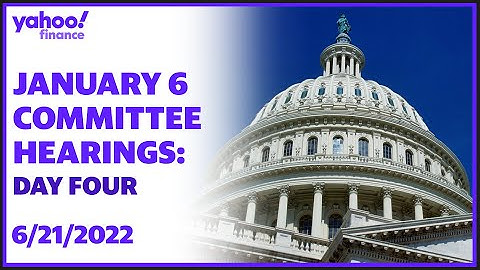History of MercantilismOriginating in 16th-century Europe, mercantilism began with the emergence of the nation-state. The dominant economic theory was that the global supply of wealth was finite, and it was in the nation’s best interest to accumulate as much as possible. During that time, wealth was measured by a country’s quantity of silver and gold. To accumulate more wealth, European countries, such as Britain and France, would focus on maximizing their exports and minimizing imports, which resulted in a favorable balance of trade. Show For countries with a negative trade balance with a mercantilist country, the difference would be paid back in silver or gold. To maintain a favorable trade balance, the early mercantilist countries would enact imperialist policies by setting up colonies in smaller nations. The aim was to extract raw material to send back to the home country, where it would be refined into manufactured goods. The goods would then be resold to the colonies, allowing early mercantilist nations to accumulate wealth through a positive trade balance. Mercantilist IdeologyAs an economic theory, mercantilism relies on government intervention to regulate international trade and protect domestic industries. Mercantilist policies involve the protection of domestic corporations through regulations and the promotion of trade surpluses. In the context of international trade, a favorable trade balance is achieved through government regulations, such as tariffs and restrictions on imports. On the domestic side, mercantilist policies support domestic industries by establishing monopolies and allocating capital to encourage growth. Such policies are a form of economic protectionism meant to encourage self-sufficiency and are in direct opposition to the free-market economics of trade and globalization. From Mercantilism to the Market EconomyBy the end of the 18th century, scholars, such as Adam Smith and David Hume, began to evaluate and critique the merits of mercantilist theory. Contrary to established beliefs, the scholars realized that wealth was not finite, but could be created through the productive allocation of labor. Mercantilist policies also failed to account for the benefits of trade, such as comparative advantage and economies of scale. When countries specialize in the production of goods for which they enjoy a comparative advantage, trade can result in mutually beneficial deals. Such a realization resulted in the emergence of the market economy, where prices and means of production were driven by the forces of supply and demand. Under a mercantilist system, the restriction of imports meant consumers obtained access to fewer goods at higher prices. Under a system of free trade, consumers benefit from lower prices due to increased competition and greater access to goods from across the world. Present-Day MercantilismAlthough mercantilism is mostly viewed as an outdated economic theory, there has been an emergence of mercantilist policies in recent times. Present-day mercantilism typically refers to protectionist policies that restrict imports to support domestic industries. It can sometimes be referred to as neomercantilism. Modern mercantilist policies include tariffs on imports, subsidizing domestic industries, devaluation of currencies, and restrictions on the migration of foreign labor. Mercantilist policies can also explain the recent escalation of tariffs and trade restrictions between the US and China. Related ReadingsCFI is the official provider of the Commercial Banking & Credit Analyst (CBCA)™ certification program, designed to transform anyone into a world-class financial analyst. In order to help you become a world-class financial analyst and advance your career to your fullest potential, these additional resources will be very helpful:
Definition: Mercantilism is an economic theory where the government seeks to regulate the economy and trade in order to promote domestic industry – often at the expense of other countries. Mercantilism is associated with policies which restrict imports, increase stocks of gold and protect domestic industries. Mercantilism stands in contrast to the theory of free trade – which argues countries economic well-being can be best improved through the reduction of tariffs and fair free trade.
 Mercantilism involves
Examples of mercantilism
Modern MercantilismIn the modern world, mercantilism is sometimes associated with policies, such as:
Criticisms of Mercantilism
Justification for neo-mercantilismDespite many criticisms of mercantilism, there are arguments to support the restriction of free trade in certain circumstances.
Related |

zusammenhängende Posts
Werbung
NEUESTEN NACHRICHTEN
Toplisten
#1
#2
#3
Top 8 zeichnen lernen für kinder online 2022
1 Jahrs vor#4
Top 8 schluss machen trotz liebe text 2022
1 Jahrs vor#5
#6
Top 8 wie fallen calvin klein sneaker aus 2022
1 Jahrs vor#7
Top 5 mi band 3 schrittzähler einstellen 2022
1 Jahrs vor#8
#9
Top 9 sich gegenseitig gut tun englisch 2022
1 Jahrs vor#10
Werbung
Populer
Werbung

Urheberrechte © © 2024 wiewird Inc.




























